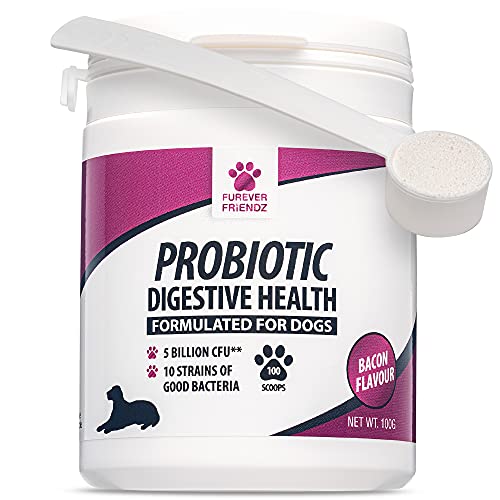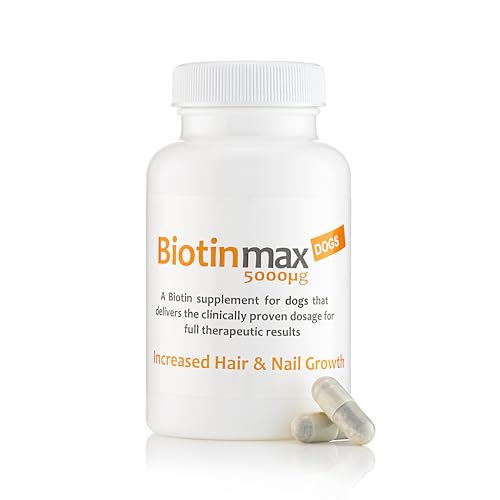Understanding Dog Probiotics: What They Are and Why Your Dog Needs Them
What are Dog Probiotics?
Dog probiotics are beneficial bacteria that help maintain a healthy balance of microorganisms in your dog’s gut. Just like in humans, these good bacteria play a vital role in digestion, supporting the immune system, and overall health. When your dog’s gastrointestinal system is disrupted—whether due to stress, illness, or dietary changes—probiotics can restore that balance.
Why Should Your Dog Use Probiotics?
If your dog experiences digestive issues such as bloating, gas, or irregular stools, probiotics can provide significant relief. They help to break down food more efficiently, making nutrients more accessible. Additionally, by promoting a healthy gut flora, probiotics can aid in preventing infections and improving your dog’s response to vaccines.
The Benefits of Dog Probiotics: Improving Your Dog’s Digestive Health
Support for Digestive Disorders
Many dogs suffer from conditions like irritable bowel syndrome or have sensitive stomachs. Probiotics can alleviate symptoms by improving digestion and nutrient absorption, leading to firmer stools and reduced bloating. This means less discomfort for your furry friend and a happier home.
Boosting the Immune System
A healthy gut can directly affect your dog’s immune system. About 70% of the immune system is located in the gastrointestinal tract. By introducing probiotics, we enhance the gut microbiome, which in turn can help fend off illnesses, reduce the risk of infections, and keep your pet healthier overall.
Choosing the Right Dog Probiotics: Key Ingredients to Look For
Quality Matters
Not all probiotics are created equal. When selecting a product for your dog, look for those containing live active cultures such as Lactobacillus or Bifidobacterium. These strains have been shown to be effective in improving gut health. Additionally, check for products that specify the number of colony-forming units (CFUs)—the higher the CFU, the more beneficial bacteria your dog will receive.
Additional Ingredients for Optimal Health
Probiotics that include prebiotics, which serve as food for the probiotics, can enhance effectiveness. Ingredients like inulin or fructooligosaccharides can aid in sustaining the probiotics and boosting their natural benefits. Also, consider probiotics that contain enzymes to further support digestion.
How to Administer Probiotics to Your Dog: Tips for Success
Finding the Right Form
Dog probiotics come in various forms: powders, chews, capsules, and even liquids. While powders can be mixed into food, chews often appeal to dogs as treats. Choose a form that suits your dog’s preferences for greater ease in administering.
Establishing a Routine
Consistency is key when giving your dog probiotics. We recommend incorporating it into your dog’s daily routine, perhaps during mealtimes, to help them associate it with something they love. Gradually introduce probiotics by starting with smaller amounts and increase as your dog adjusts.
Frequently Asked Questions About Dog Probiotics: Quick Answers for Pet Owners
Can All Dogs Benefit from Probiotics?
Yes, most healthy dogs can benefit from probiotics, especially those with digestive issues. However, it’s always best to consult your veterinarian before starting any new supplement to ensure it aligns with your dog’s health needs.
How Long Should My Dog Take Probiotics?
The duration for giving your dog probiotics can vary based on individual health needs. For chronic digestive issues, ongoing administration may be beneficial. For occasional digestive upsets, a short-term course can suffice. Tracking your dog’s response and discussing it with your vet will help decide the best approach.






















